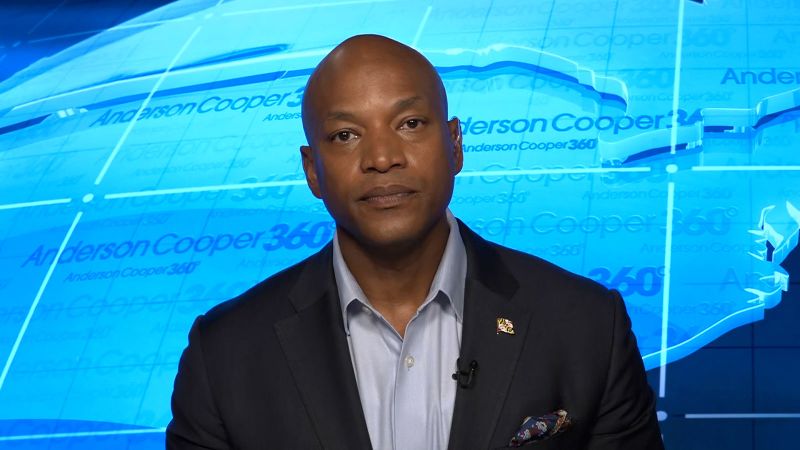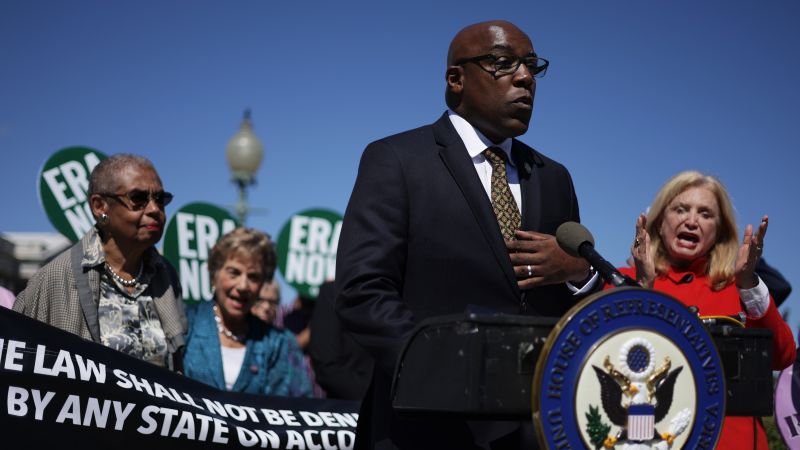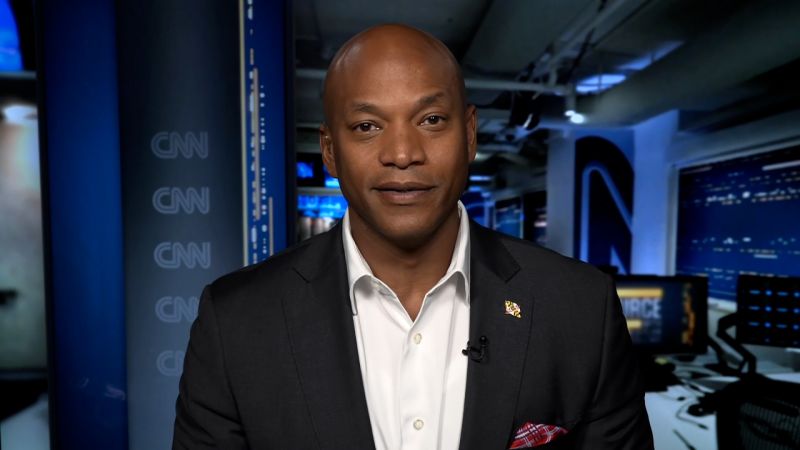
Governor of Maryland Refuses to Deploy National Guard: Implications for Public Safety
Opinion | 8/13/2025
Governor Moore of Maryland unequivocally stated, “I will not authorize” the deployment of National Guard forces within the state. This declaration comes amidst growing concerns over potential civil unrest and calls for increased security measures. Governor Moore’s decision holds significant implications for law enforcement and public safety strategies in Maryland.
The National Guard is a reserve military force typically deployed in emergencies to aid civilian authorities. Governor Moore’s refusal to authorize their deployment raises questions about the state’s contingency plans for maintaining order in crisis situations. This stance marks a departure from the historical precedent of utilizing the National Guard for various emergencies, including natural disasters and civil disturbances.
When asked about the rationale behind his decision, a spokesperson for the Governor cited concerns about the potential escalation of tensions and the need to prioritize de-escalation strategies. The Governor’s office emphasized a commitment to exploring alternative approaches to managing public safety without resorting to military intervention.
Legal experts note that the Governor’s authority to deploy National Guard forces is typically conferred by state and federal laws. However, there is a precedent for governors refusing such authorizations based on their discretionary powers in matters of public safety. This decision by Governor Moore underscores a shift towards non-military solutions in addressing potential security challenges within the state.
In response to Governor Moore’s announcement, some state lawmakers expressed support for his position, highlighting the importance of community engagement and conflict resolution strategies. However, others have raised concerns about the potential consequences of limiting the availability of National Guard support during emergencies. The debate surrounding the role of military forces in domestic affairs continues to spark discussions on the balance between security and civil liberties.


